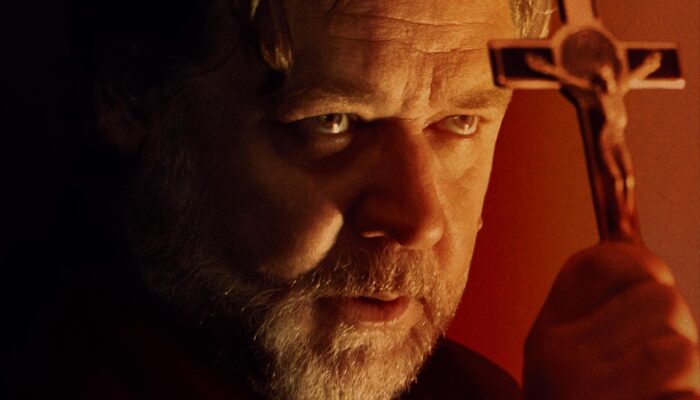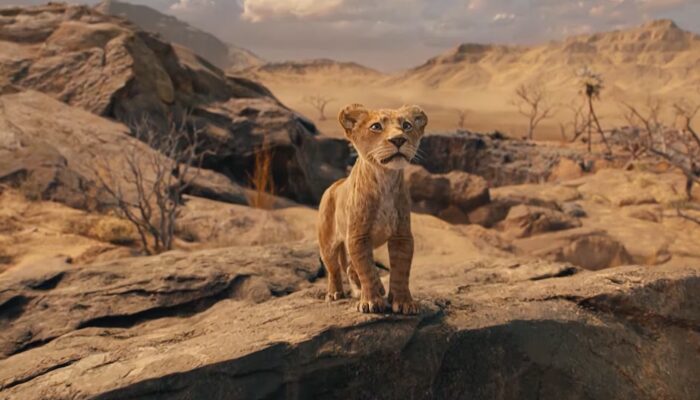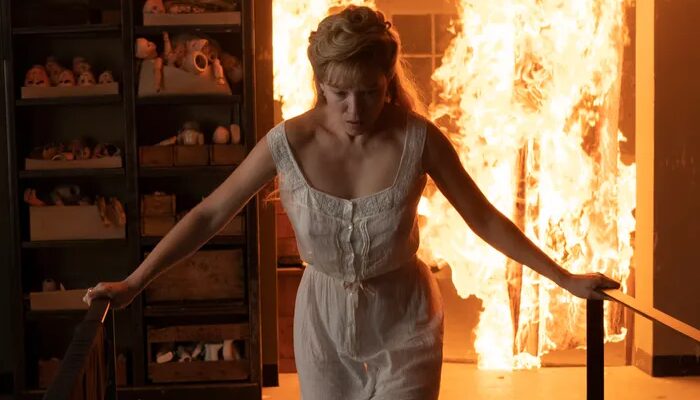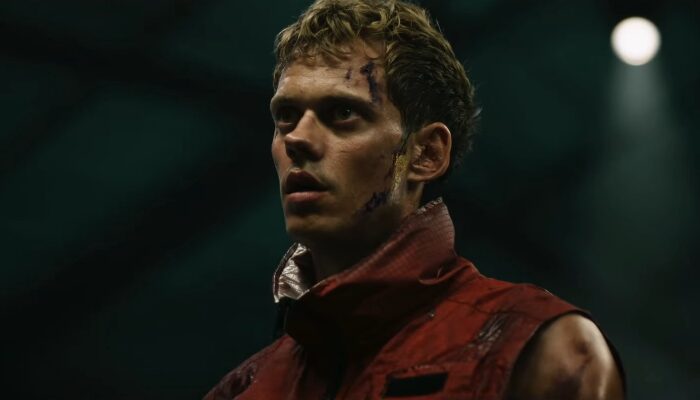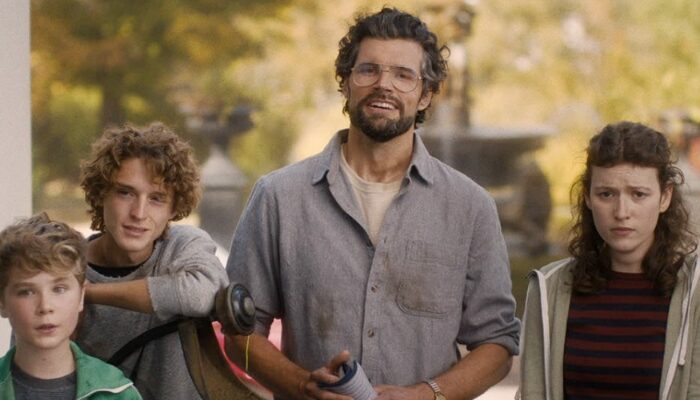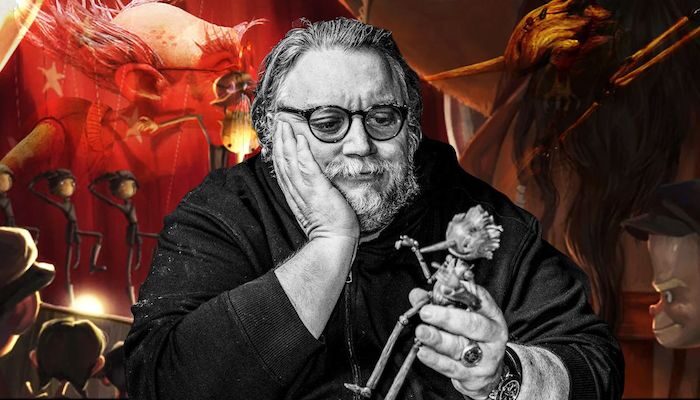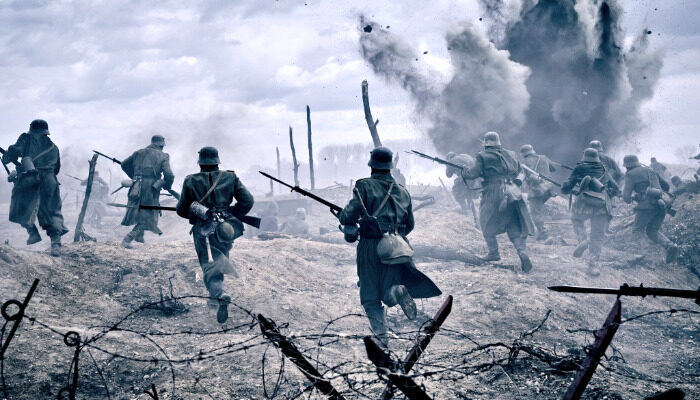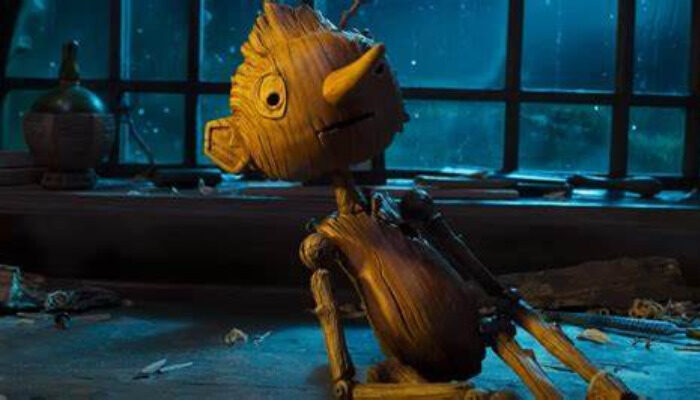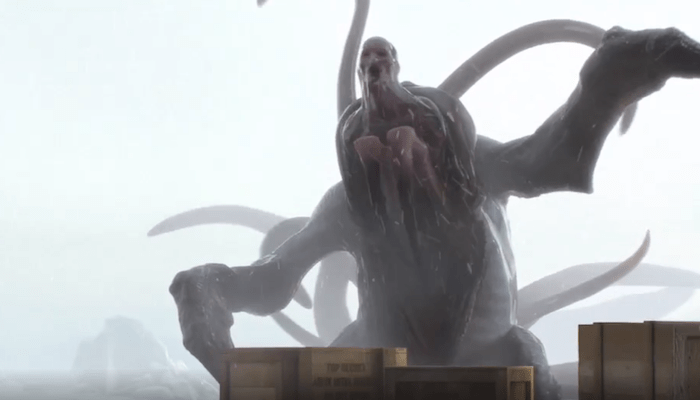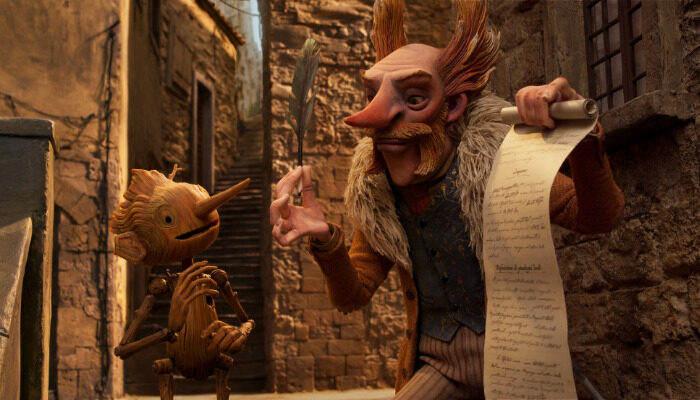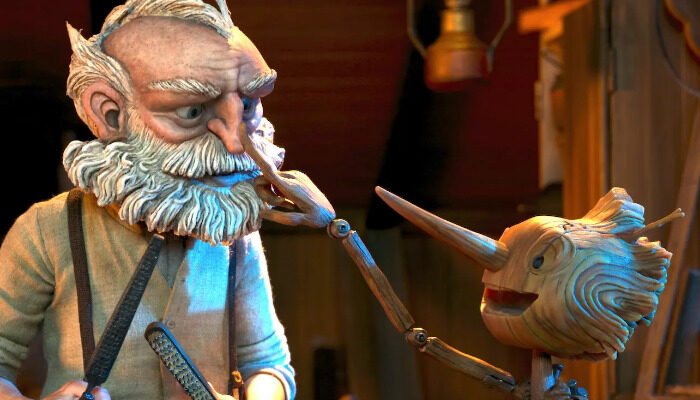PINOCCHIO (2022): Del Toro Compares New Stop-Action Musical to NIGHTMARE ALLEY
Guillermo del Toro reports that Pinocchio and Nightmare Alley have a ‘shared magic’
Guillermo del Toro puts Pinocchio amidst Mussolini’s ascent in his new stop-action musical.
In a short clip on Twitter the acclaimed director doesn’t elaborate much on the comparison, except comment on the theme: about puppets becoming people and vice-versa. In a broad sense this comparison is clear enough, in terms of scams on the customers and double-cross among the carneys. But del Toro was careful to mention that the similarity is thematic.
In terms of the plot known so far, however, there is enough to go on. In a land under under the rising star of Il Duce, Pinocchio would find his main conflict with conformity. He didn’t cut his strings only to be a slave to convention. Carneys understand necessarily strict rules very well, none better, though theirs are unwritten, by and large. Carneys don’t need black shirts to unify them. Like hoboes, they have their own special code.
In the context of del Toro’s work at large, one may find even better correlations in his 2006 film, Pan’s Labyrinth. It’s a good guess that the director will indict totalitarianism in Italy just as he had Captain Vidal (and by extension, General Franco) in Spain.
Like Ofelia, Pinocchio in an innocent caught up in a political conflict he may not fully understand. Both heroes inhabit two worlds, one real and the other magical, equally dangerous in their own ways. Both heroes have resolutions rooted in tragedy. Ofelia’s is bittersweet: death and subsequent transformation into Moana, princess of a fantasy realm for all eternity. Collodi’s original, darker 1883 story saw the cavalier puppet hanged by his spectral enemies.
There are monsters as well on either side of these realities that the heroes must face as they navigate between these worlds. Trial-and-error was Ofelia’s strategy and barely escaped death on several occasions. Pinocchio learned better or fared worse in his efforts, depending on the version. Disney’s well-known 1940 classic is probably the most widely known. It reflects the social conventions at the time aimed primarily at children and strongly suggested rewards for contrition.
So, what will happen to Pinocchio, or Gepetto for that matter, under a fascisti dictatorship?
Taking into account the scuttlebutt, it’s reasonable to assume that a carnival of some sort may place the wooden boy front-and-center to his challenges. After all, what kid hasn’t thought at least once about running away and joining a circus? But if the plot goes so far as history tells us, it is not Pinocchio at the end of a rope but “Little Benny” himself. In between, the puppet could take any path. He could fall under the spell of the National Movement and resist later, or not at all. He could join the countryside guerilla war, as Ofelia did incidentally. One can surmise that almost certainly he will meet magical companions to guide or thwart him.
Carnivals on screen have long enjoyed fertile ground to explore human strengths and frailties by way of the bizarre or supernatural. It has equal appeal to children and adults. Something Wicked This Way Comes is brought to mind. More recently, American Horror Story: Freak Show is a good example, as is Carnivale. The B-classic Carnival of Souls has an indelible place; The 7 Faces of Dr. Lao does also. Even an episode of The X-Files has an offering with a comical twist in “Humbug.” ABCs of Death included some good segments as well. All of them have had their fair share of acclaim.
By report Del Toro calls Pinocchio his ‘passion project.’ This is quite a statement, considering the vitality he has invested in his projects thus far. How family-friendly this film turns out to be is anyone’s guess, since it is said to be ‘dark and twisted.’
Guillermo del Toro has proven to be a shrewd collaborator, respected and respectful. He has gathered experts in every field for this innovative project. Del Toro’s decided on stop-motion animation for retelling Collodi’s tale. Animation guru Mark Gustafson co-directing is no surprise; he used Gris Grimly‘s designs in his 2002 edition of Collodi’s book. Also, Lisa Henson, CEO of the Jim Henson Company as part of the production team brings a wealth of experience in both film and television to the table.
Producing Pinocchio as a musical is downright intriguing. Disney’s took Best Original Score in 1940, and “When You Wish Upon a Star” is iconic. But award winning Alexandre Desplat wrote the score and the songs, sure to bring something special to the new spin on the folk tale.
Leave your thoughts on Pinocchio below in the comments section. Readers seeking to support this type of content can visit our Patreon Page and become one of FilmBook’s patrons. Readers seeking more movie news can visit our Movie News Page, our Movie News Twitter Page, and our Movie News Facebook Page.
Pinocchio will be released in the United States through Netflix sometime in 2022. Want up-to-the-minute notifications? FilmBook staff members publish articles by Email, Twitter, Facebook, Instagram, Tumblr, Pinterest, Reddit, and Flipboard. This news was brought to our attention by Slashfilm.
Related Articles
FilmBook's Newsletter
Subscribe to FilmBook’s Daily Newsletter for the latest news!

